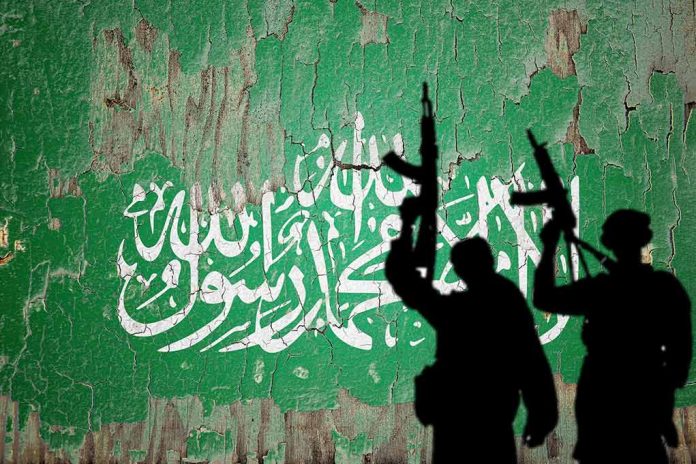
Under mounting Israeli pressure, Hamas faces a severe financial crisis, posing significant challenges to its governance in Gaza.
Key Takeaways
- The economic situation in Gaza for Hamas is dire, exacerbated by Israeli military actions and reduced funding.
- Hamas is unable to pay its members, further increasing reliance on ideological commitment over financial compensation.
- Gazan protests against Hamas are emerging, highlighting significant dissatisfaction with leadership.
- Some residents with dual citizenship seek emigration due to deteriorating socio-economic conditions.
Hamas Faces A Financial Struggle
Israeli military efforts have placed significant strain on Hamas’s financial resources. For years, the organization relied on foreign aid, notably from Qatar, as well as informal revenue streams within the region. However, the situation has changed dramatically. Financial sanctions and tightened blockades have severely diminished these income sources, leading to halted salary payments for government employees and reduced compensations for senior officials.
Despite the financial crisis, Hamas continues to supply essential provisions to the families of their operatives. Ideological commitment, rather than financial incentives, increasingly motivates its members. Historically, Hamas has endured similar adversities, leveraging ideology as a galvanizing force.
Gazan Protests and Migration
Amid growing financial challenges and social unrest, some Gazans have begun to challenge Hamas’s rule, a significant feat considering the group’s stronghold in the region. These protests, while swiftly suppressed, symbolize a crack in the organization’s domestic support. Comprising mainly of ordinary citizens, they lack the organization and leadership needed to pose a serious threat to Hamas’s authority.
Some residents, particularly those with dual citizenship, are considering emigration from Gaza due to the bleak economic conditions and lack of basic infrastructure. As the living conditions deteriorate, the exodus represents a failure of governance under Hamas’s leadership.
Parallel Tensions in the West Bank
Following Hamas’ brutal attacks on October 7, the security situation in both Gaza and the West Bank has intensified. In response to ongoing threats, Israel has taken necessary military actions to protect its citizens and dismantle terror networks. While these operations have affected some Palestinian communities, they are part of broader efforts to restore stability and prevent further violence. The expansion of Israeli communities in disputed areas continues to reflect longstanding historical and strategic interests.
The Netanyahu government’s policies in the West Bank are seen by many as necessary measures to strengthen Israel’s security and sovereignty in the face of ongoing regional threats. U.S. sanctions aimed at curbing violence should be applied carefully to ensure they do not unfairly target Israel or hinder its ability to defend its citizens. Moving forward, recommendations should focus on reinforcing U.S.-Israel cooperation, ensuring military aid is used effectively, and supporting initiatives that promote long-term stability and peace.


